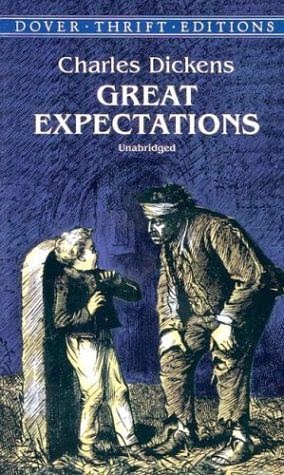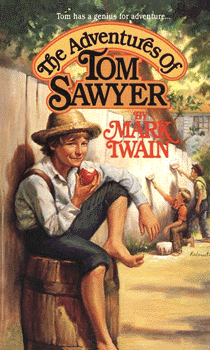I
think I should have read this book some 15 years ago. Then it would
have been different. There are times when I badly wanted to go to the
other chapter and there are times when I felt like not reading
anymore. Maybe the element of prudence is too much for me. But as I
said, it could have made a major difference when I was 13 or 17 years
old. I think I resembled Jo a lot. Overall I liked it. It begins with
a happy note and ends again with a happy note. I really like the
scene when Jo cuts her hair to help her father. She knew that she
would not get the same mane again. But she did not show any distress
about it. But in the middle of the night, she lets out a moan
thinking that everyone were fast asleep. When Meg heard it, she
consoles her. This scene was a quite a touchy.
Before
this year ends, I would like to read 5 classics and thus I completed
1.
These
are some of my favourite quotes
She
preferred imaginary heroes to real ones, because when tired of them,
the former could be shut up in the tin kitchen till called for, and
the latter were less manageable.”
“I
don't like favors; they oppress and make me fell like a slave. I'd
rather do everything for myself, and be perfectly independent.”
“You
have a good many little gifts and virtues, but there is no need of
parading them, for conceit spoils the finest genius. There is not
much danger that real talent or goodness will be overlooked long;
even if it is, the consciousness of possessing and using it well
should satisfy one, and the great charm of all power is modesty.”
My
Jo, you may say anything to your mother, for it is my greatest
happiness and pride to feel that my girls confide in me and know how
much I love them.”






